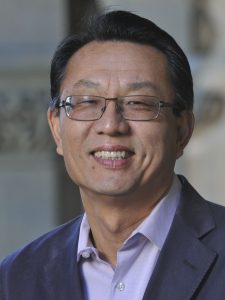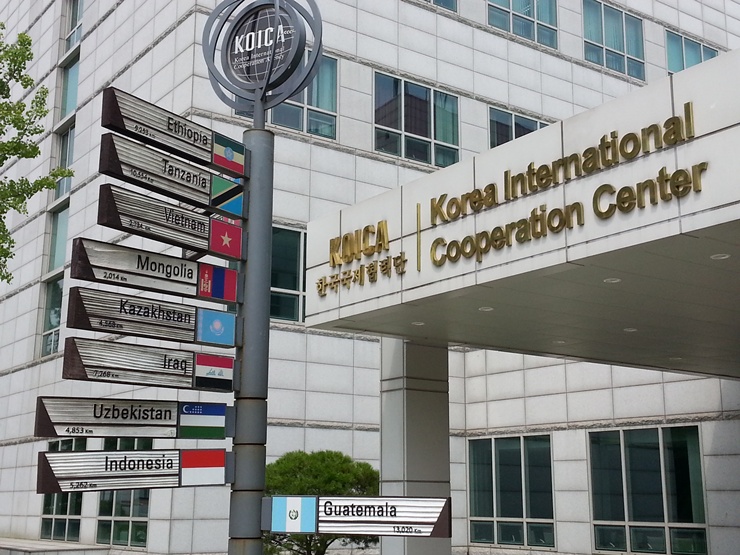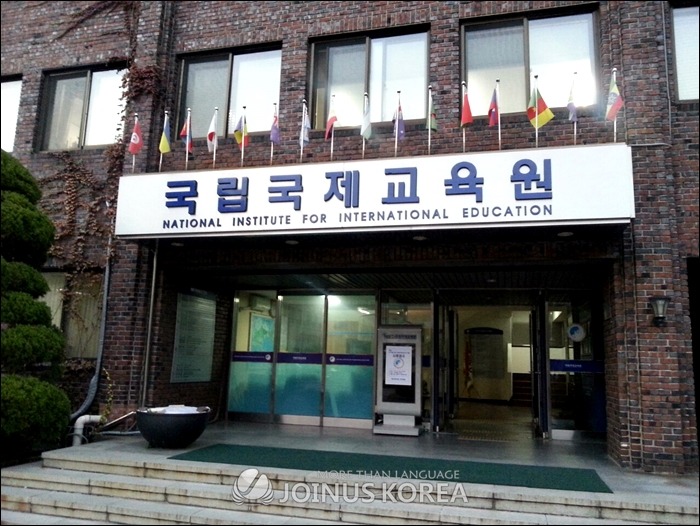Memo #386
By: Rennie J. Moon – rennie.moon [at] yonsei.ac.kr and Gi-Wook Shin – gwshin [at] stanford.edu
Higher education aid as transnational social capital

 Current approaches to higher education aid have focused either on developing human resources or on building social capital in the local context. For instance, donor countries offer various programs to train students and professionals of recipient countries to increase their human resource capability —a human capital approach. They also support university-industry collaboration and connecting higher education stakeholders to other domestic actors, all in the recipient countries—a local social capital approach.
Current approaches to higher education aid have focused either on developing human resources or on building social capital in the local context. For instance, donor countries offer various programs to train students and professionals of recipient countries to increase their human resource capability —a human capital approach. They also support university-industry collaboration and connecting higher education stakeholders to other domestic actors, all in the recipient countries—a local social capital approach.
We need to go one step further, appreciating the value of “transnational social capital.” That is, we need to appreciate the ties or networks between people from donor and recipient countries. Capacity building takes place not just in individuals (as human capital), but also between them, in the institutions and networks they create (as social capital). This process occurs not only locally but transnationally. In fact, what most developing countries lack is not only human resources and local social capital but also ties and connections to core sources of knowledge and expertise in more advanced countries. Transnational social capital can facilitate knowledge exchange and strengthen ties to the center of development.
For example, South Korea offers various scholarships to students and professionals from developing countries who come to study there with a strong desire to emulate its developmental model. Since 2010, the Ministry of Education, Science and Technology, through its National Institute for International Education, has funded foreign students in degree programs (at the undergraduate and graduate levels), exchange programs and short-term training programs at participating Korean universities. However, such programs have mostly focused on human resource development. While foreign students obtain knowledge and skills through such programs they can also develop close social, cultural and professional ties with Koreans. These transnational social capital aspects need greater attention because they can lead to enhanced development cooperation and closer social and cultural relations, which in turn sustain other forms of cooperation.
While human resources and local social capital will continue to be important, the value of ties and connections to core sources of knowledge and expertise in other countries will also increase with globalization. Thus we need to recognize the value of social capital in the transnational context, or “transnational social capital”.
About the Authors:
Rennie J. Moon is an associate professor at the Underwood International College at Yonsei University with expertise in comparative education.
Gi-Wook Shin is professor of sociology and director of the Walter H. Shorenstein Asia-Pacific Research Center at Stanford University.

Korea International Cooperation Agency (KOICA). (Source: Myeong-ok Kang)

National Institute for International Education (NIIED). (Source: JoinUs Korea)
Links
- Rennie J. Moon and Gi-Wook Shin, “Aid as Transnational Social Capital: Korea’s Official Development Assistance in Higher Education,” Pacific Affairs 89, no. 4 (December 2016), forthcoming issue.
- Gi-Wook Shin and Joon Nak Choi, Skilled Labor as Social Capital in Korea, (Stanford: Stanford University Press, 2015).
- Gi-Wook Shin and Rennie J. Moon, “Shin and Moon—A Way to Bridge Aging Societies” Nikkei Asian Review, August 31, 2016.
- Ka Ho Mok and Xiao Han, “From ‘brain drain’ to ‘brain bridging’: transnational higher education development and graduate employment in China,” Journal of Higher Education Policy and Management 38, no. 3 (2016): 369-389.
Related Memos:
See our other memos on South Korea.